SmartAID classes reconnect pupils and teachers taking refuge across five countries
An Israeli aid organization has set up a network of 140 “smart classes” for children who have fled Ukraine, so they can carry on with their education.
SmartAID, a non-profit agency of veteran humanitarian aid workers and hi-tech entrepreneurs operating globally, is providing laptops, technology and teachers to pupils who have taken refuge in Poland, Romania, Moldova and “safer” parts of Ukraine
Many left everything behind – including their fathers, who must stay behind to take part in the war effort. But taking part in lessons, and being reunited with their displaced classmates, gives them a sense of structure and belonging in a time of trauma and uncertainty.
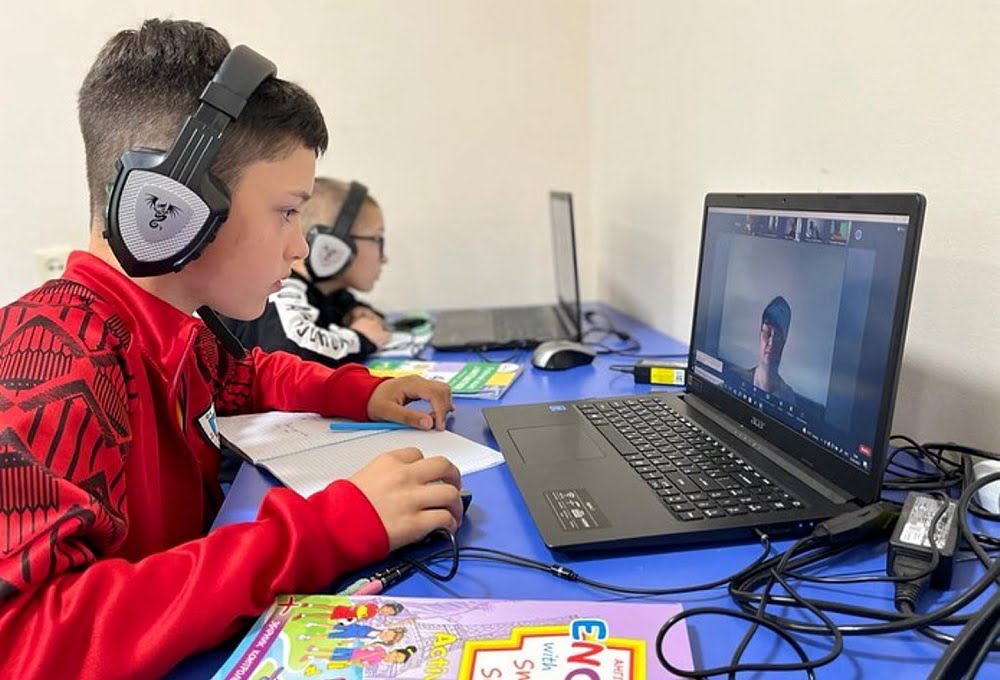
They are able to learn familiar subjects, thanks to the Ukrainian Ministry of Education, which uploads and updates material online. And they can reconnect with a diaspora of peers and former classmates.
Svetlana, an English teacher from Odessa, now lives in a small dormitory at the university in Moldova and is one of SmartAID’s teachers. She has a sick daughter to care for but is determined to continue with lessons for her students, who now live in five different countries.
“Svetlana told me when we met that even though she feels she is in a safe place for the moment, she still feels stressed, not knowing when she might return home and what future lies ahead,” said Alethea Gold, a goodwill ambassador at SmartAID. “But for Svetlana her students are her top priority.”
Like every other teacher in her position, Svetlana understands the stress and anxiety they are going through, and their need to maintain some normalcy.
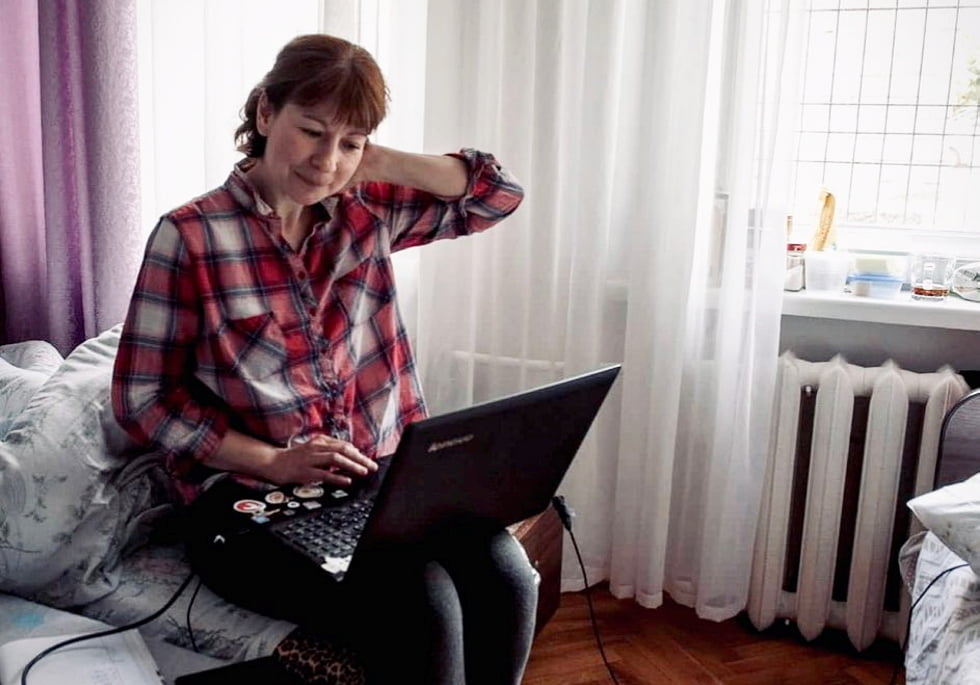
The classes also allow psychologists to provide more effective support to children traumatized by war, and help social workers address the daily needs of families.
Shachar Zahavi, Founding Director of SmartAID, said: “The classes allow teachers and students to continue studying through the Ukrainian education system, which has all the curriculum online, and stay in touch with their friends from home who have either stayed in the country or who have fled.
“We went to local schools in Poland, Romania and Moldova and asked them to provide classrooms so that the students could continue their studies.
“We also wanted them to receive different types of support and be in a safe place – because that’s what a school is.”
Sign up for our free weekly newsletter
Subscribe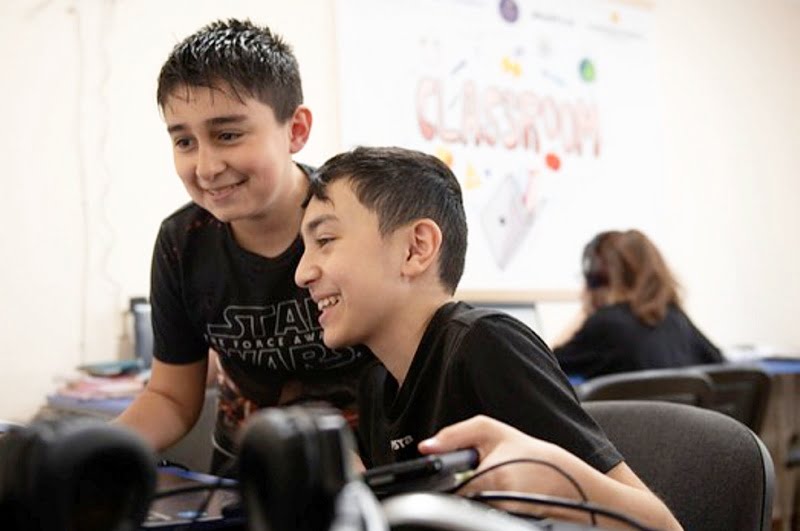
His organization focuses on providing the technology needed for the classes to happen. “Tech has become easier to access and a lot cheaper, and is now distributed worldwide – we are using this to our advantage to improve the lives of the people we help,” he said.
The smart classes were launched in April to help some of the 700,000 school-aged children who have fled Ukraine. SmartAID pays the teachers’ salaries and provides the equipment needed for the classes to function – tablets, headphones, projectors, furniture and other supplies.
The organization says it is determined to keep the smart classes up and running until and beyond the end of the war, whenever that is. Each smart class has 45 to 50 children, and costs $10,000 to launch.
Zahavi has been providing humanitarian assistance through various organizations for nearly three decades.
His passion for helping people overcome disaster developed after the Rwandan genocide of 1994, when he mobilized adult volunteers and Israeli schoolchildren and sent a plane-load of relief items to the country.
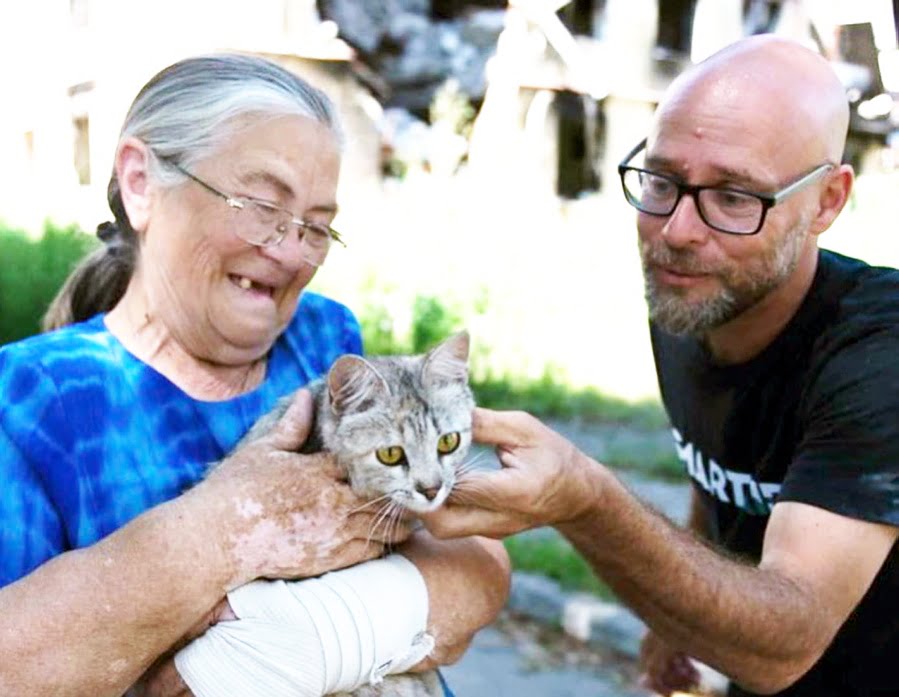
In 2001, he formed IsraAID, which has brought emergency and long-term development assistance programs to 60 countries.
“I found that there was a gap between the tech world and charity world, and I wanted to bridge them together,” said Zahavi.
Previous missions have included distributing over 5,000 solar powered lanterns to Kurdistan to Yazidi refugees from northern Iraq – allowing students to study when it’s dark, and women to feel safer going to the bathroom at night.
SmartAID also provided telecommunications access (cell phones, solar-powered battery packs, data packages) so local groups in Afghanistan could continue to offer mental health support to vulnerable women.
Related posts

Editors’ & Readers’ Choice: 10 Favorite NoCamels Articles

Forward Facing: What Does The Future Hold For Israeli High-Tech?

Impact Innovation: Israeli Startups That Could Shape Our Future


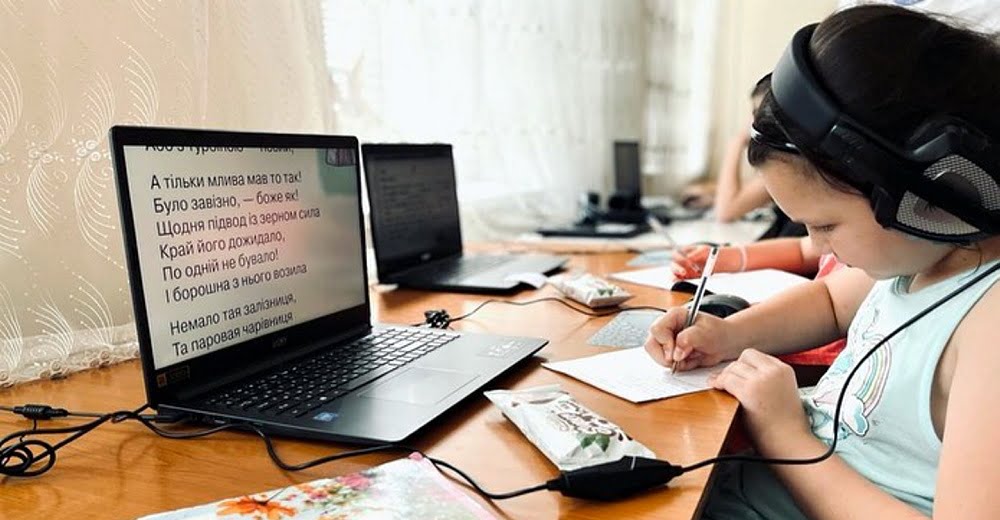

Facebook comments